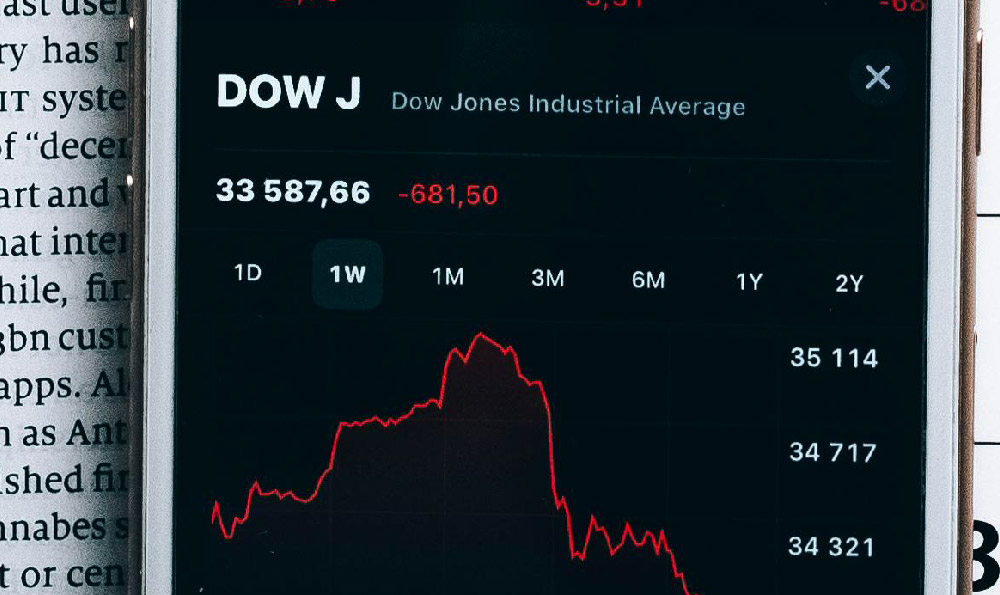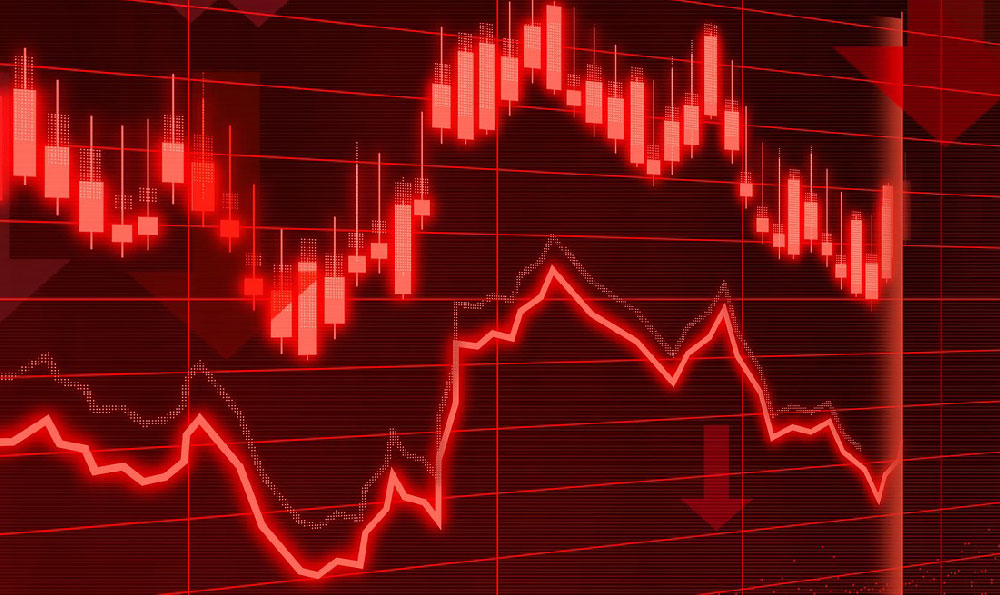Okay, I'm ready. Here's the article based on the title, adhering to your guidelines:
Kelly Loeffler, a former U.S. Senator for Georgia and co-owner of the Atlanta Dream WNBA team, accumulated significant wealth throughout her career. Understanding the sources of her fortune and the ethical considerations surrounding its accumulation is a complex undertaking, involving examining her business ventures and scrutinizing transactions that occurred during her time in public office.
Loeffler's primary source of wealth stems from her extensive career in the financial services industry. Prior to her appointment to the Senate, she spent nearly two decades at Intercontinental Exchange (ICE), a global exchange and clearing house conglomerate. She joined ICE in 2002, eventually rising to the position of CEO of Bakkt, a subsidiary focused on digital assets and cryptocurrency futures. Her compensation package at ICE included a substantial salary, bonuses, and perhaps most importantly, stock options. These stock options, granted over several years as incentives, appreciated significantly in value as ICE's market capitalization increased, contributing significantly to her overall net worth. Public disclosures revealed that she held a considerable amount of ICE stock, the value of which fluctuated with the company’s performance. The consistent growth and strategic acquisitions of ICE under its leadership significantly contributed to the appreciation of her holdings.

Furthermore, Loeffler’s husband, Jeffrey Sprecher, is the founder, chairman, and CEO of Intercontinental Exchange. His position at the helm of ICE has undoubtedly played a crucial role in the couple's financial success. The close relationship between their personal lives and the company's strategic direction is undeniable and presents its own set of complexities from an ethical standpoint. Their combined wealth, heavily tied to the performance of a single entity, underscores the interconnectedness of their finances and professional endeavors.
The ethical scrutiny surrounding Loeffler's wealth intensified during her brief tenure in the U.S. Senate. Specifically, concerns arose regarding stock trades made shortly after a private Senate briefing on the emerging threat of the COVID-19 pandemic in early 2020. News outlets reported that Loeffler and her husband sold millions of dollars worth of stock in various companies, while simultaneously purchasing shares in companies that were expected to benefit from the pandemic, such as those involved in remote work technology and healthcare.
These transactions immediately sparked accusations of insider trading and profiting from non-public information. The STOCK Act, designed to prevent members of Congress from using inside information for personal financial gain, became central to the debate. Investigations were launched to determine whether Loeffler had violated any laws or ethical guidelines by leveraging her access to privileged information gained through her position.
Loeffler vehemently denied any wrongdoing, stating that her investment decisions were made by third-party advisors without her direct involvement or knowledge. She maintained that she was unaware of the specific trades being executed at the time and that her portfolio was managed independently. She further emphasized her commitment to transparency and ethical conduct throughout her time in office.
The Senate Ethics Committee ultimately reviewed the matter and found no evidence of insider trading or violations of the STOCK Act. The committee acknowledged Loeffler's claims that her investment decisions were made by independent advisors and that she had no direct control over the specific trades in question. However, the optics of the situation remained problematic for many. Even though legally cleared, the perception of profiting from a national crisis, especially when entrusted with public service, fueled public distrust and raised questions about the potential for conflicts of interest.
Even with exoneration from formal investigations, the ethical debate surrounding Loeffler’s trading activity highlights the inherent challenges of individuals with significant financial holdings serving in public office. The potential for even the appearance of impropriety can undermine public confidence in government and erode trust in elected officials. The question of whether it was "ethical" for Loeffler to engage in these trades, regardless of their legality, remains a matter of subjective interpretation.
Different perspectives emerge when considering this question. Some argue that as long as Loeffler followed the law and relied on independent advisors, she bears no ethical responsibility for the trades. They might emphasize the importance of the presumption of innocence and the need to avoid drawing conclusions based solely on appearances.
Others contend that individuals in positions of public trust have a higher ethical obligation to avoid even the appearance of conflicts of interest. They might argue that Loeffler should have taken greater steps to distance herself from investment decisions during her time in the Senate, even if it meant relinquishing control over her portfolio or placing her assets in a blind trust. This perspective emphasizes the importance of maintaining public confidence and upholding the integrity of government.
The controversy surrounding Kelly Loeffler's wealth and trading activity serves as a reminder of the complexities and potential conflicts of interest that can arise when wealthy individuals enter the realm of public service. While she was cleared of any legal wrongdoing, the ethical questions surrounding her actions persist, underscoring the importance of transparency, accountability, and a commitment to avoiding even the appearance of impropriety for those entrusted with representing the public interest. Furthermore, the episode highlights the ongoing need for robust ethical guidelines and enforcement mechanisms to ensure that public officials prioritize the interests of their constituents over their own financial gain. The long-term impact on public trust is perhaps the most significant consequence, prompting continued debate about the responsibilities of wealth in the political arena.











